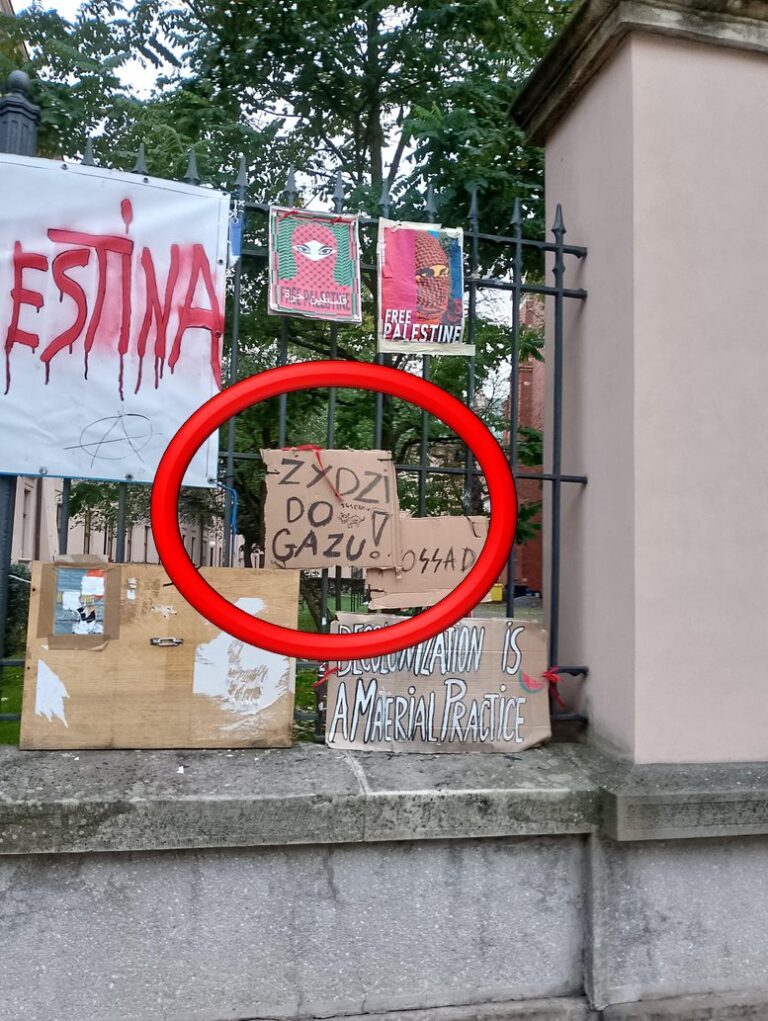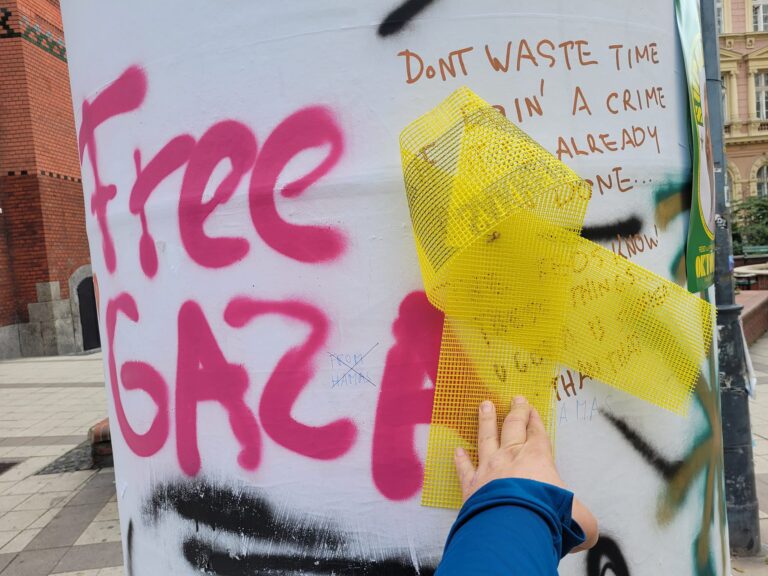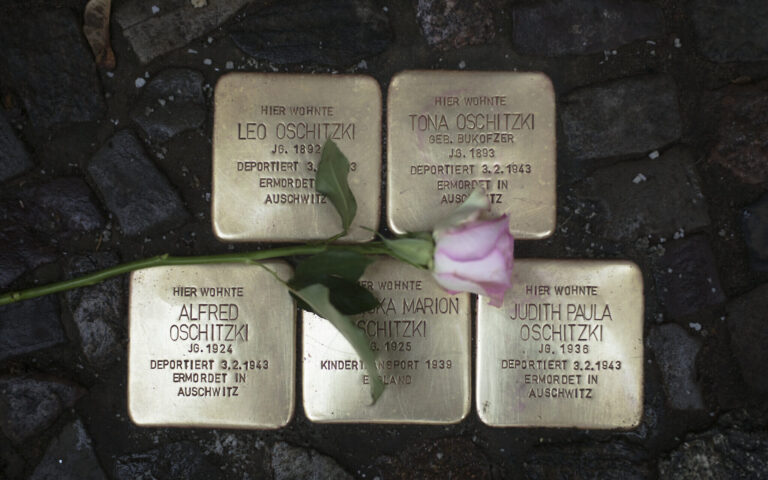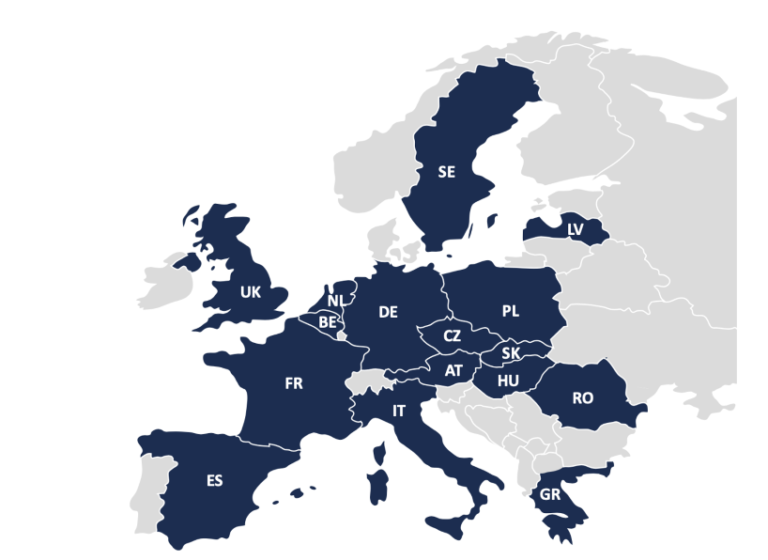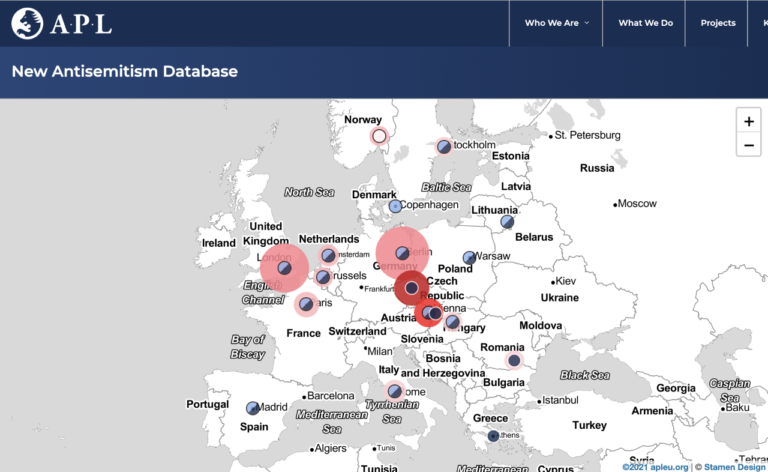President Alexander Lukashenko’s war on the opposition includes thinly-veiled accusations of Jews from pro-regime activists.
Last week, television personality and known pro-regime activist Ryhor Azaryonok delivered a speech in which he criticised opposition supporter Andrey Zeltser for being disloyal to the state by living in Belarus but working for American software engineering company EPAM.
A day earlier, Belarusian KGB officers stormed Zeltser’s apartment in Minsk. Zeltser alerted the police about the intruders but was shot dead shortly after. KGB officer Dmitry Pedosiuk was also killed in the raid, possibly by friendly fire. While the KGB agent was hailed a hero, Zeltser was declared a „terrorist” – a common propaganda move by Belarusian President Alexander Lukashenko.
„They [KGB officers] went to this bastard’s apartment! Zeltser! The IT guy from EPAM, who, according to some reports, is an American citizen,” Azaryonok said. „A cosmopolite to whom the [Belarusian] state has granted benefits, and he only lined his pockets while living in two countries, collecting money here and spending it there,” declared Azaryonok, filling his speech with antisemitic stereotypes about the Jews. ‘Cosmopolite’, ‘living in two countries’ and ‘collecting money here and spending it there’ all refer to the Jews’ lack of allegiance to the state.
Nevertheless, Azaryonok is not the first to make antisemitic accusations when criticising the opposition. Columnist Andrei Mukovozchik, another pro-regime activist, often draws attention to the „non-Belarusian last names” of the protesters. According to a journalist who used to work at a Belarusian television channel, Azaryonok was not merely expressing his opinion but was speaking on behalf of the state. „Most likely, the KGB or the president’s spokesperson wrote up a few paragraphs for him, which he had to incorporate into his monologue.”
Dr Alexander Friedman, an expert on Eastern European History and the Holocaust, claims that although the regime doesn’t expressly say „Jew”, they make the message clear with classic stereotypes like „the Jew is a stranger.” They don’t want confrontation with Israel and Jewish organisations, yet they dabble in antisemitism. Perhaps, Lukashenko has given the order to refrain from directly mentioning and blaming Jews because he himself has been criticised before for doing so.
Ever since the mass anti-government demonstrations that followed the latest elections, the Jewish communities of Belarus have kept a low profile. There are about 13,500 Jews in the country, much fewer than in the 20th century. „This is antisemitism without the Jews,” Friedman said. „Jews living in Belarus are so few and invisible; they are not a factor. But such preoccupation [on behalf of the government] could negatively impact the few Jews that do live in the country. The regime has begun to play around with antisemitism when the goal is clearly not the Jews of Belarus. In any case, the demon of antisemitism has been released.”
